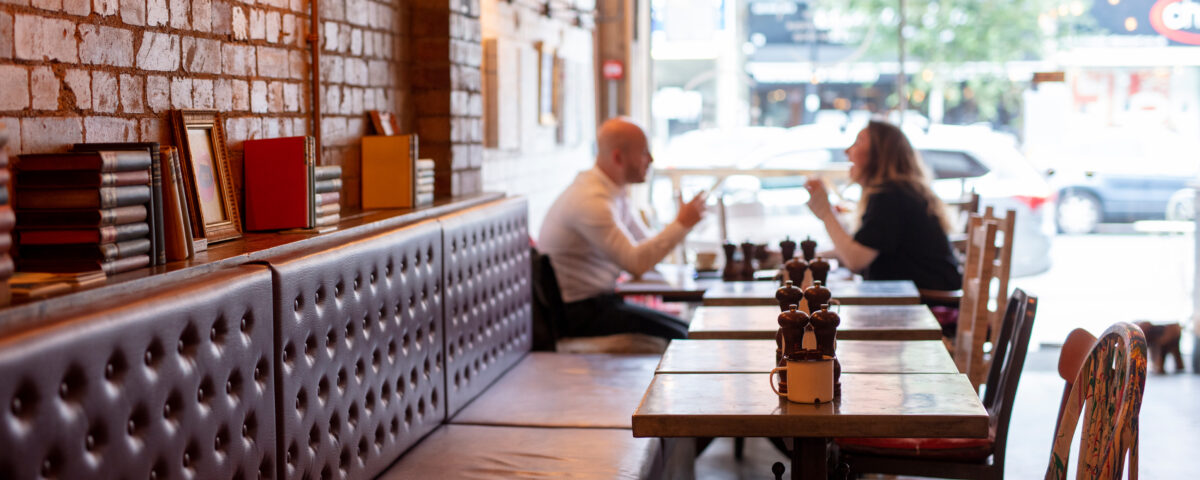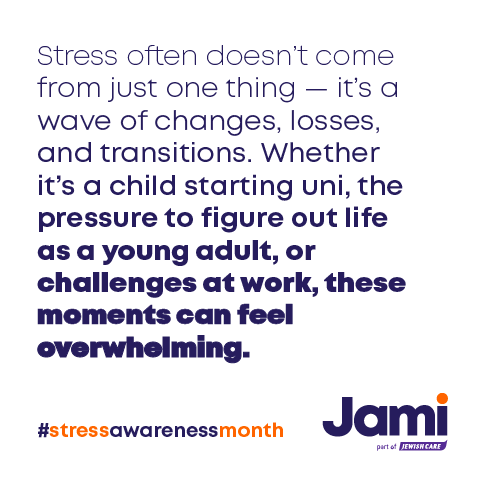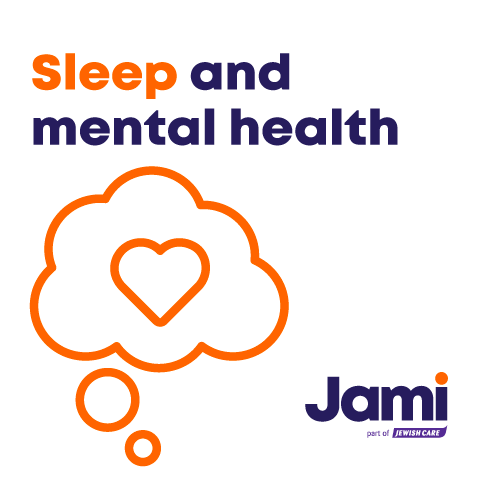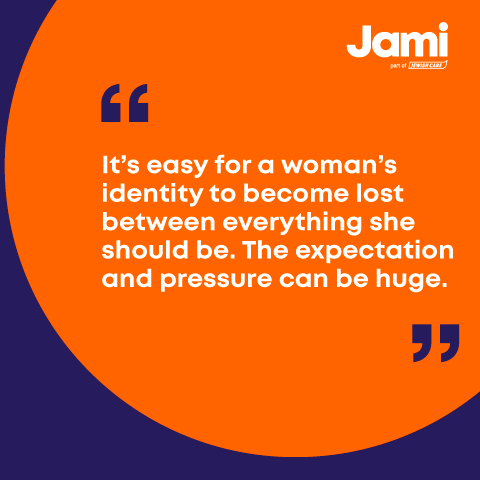
Increasing social connection to reduce loneliness
Mental Health Awareness Week (MHAW) is from 9–15 May but, at Jami, every week of the year is focused on raising awareness of mental health and supporting the mental health needs of everyone in our community. We do this through one-to-one and group support, activities in our hubs and online, befriending, services for carers and young people, advice and signposting, events at Head Room Café in Golders Green and through our education programme.
The theme of this year’s MHAW is loneliness. According to research, being lonely is associated with an increased risk in depression, anxiety and even cardio-vascular disease. Additionally, a common consequence of mental health problems is an increase in loneliness as we get into a spiral of loss of social contact and feeling too ‘unworthy’ to reach out to people. As many of us experience loneliness at one time or another, it is often overlooked or dismissed, and in a society that prides itself on self-reliance, loneliness can carry a stigma for people who admit to it. (The Lonely Society Report, Mind)
However, isolation is rarely a choice. It’s a consequence of loss and distress in our lives and adds to challenges with our mental health. Conversely, authentic and meaningful social contact can increase our confidence and self-worth, lower our stress hormones and promote wellbeing.
So how can we combat this hidden health burden and bring back joy and a sense of wellbeing?
We can feel loved and cared for by anyone. We’re not talking about romantic love but the connections between us – person to person. Warm human connections, conviviality and camaraderie are qualities that make us feel good and may help us live longer.
Our communities, which are often organised around a synagogue but equally can be found in schools, sports clubs, special interest groups or university J-socs, may be a powerful social key to unlock the power of connection and health. According to a report by the Institute for Jewish Policy Research on the mental health of the UK’s Jewish community, community membership offers a degree of practical support, welcome contact, opportunities to volunteer and, crucially, a general sense of purpose and belonging. Chief Rabbi Ephraim Mirvis agrees. “For someone who is already experiencing common symptoms of loneliness and isolation, a sense of belonging can be critically important.”
By coincidence, the end of Mental Health Awareness Week also falls this year over ShabbatUK, an initiative of the Chief Rabbi’s Office that aims to connect people with Shabbat – and essentially with each other – through not only increasing engagement with Shabbat observance, but also by unifying the largest possible number of British Jews and empowering communities to stage remarkable events together.
The Chief Rabbi also recognises that in addition to synagogue members deriving inspiration from spiritually uplifting services and benefitting from their interaction with spiritual leaders and fellow congregants, people can also feel part of a community outside a synagogue setting. He explains: “Community is any place where you invest your interest, time and energy into a shared endeavour from which you can draw companionship, meaning and fulfilment. Above all, a community is a place where you know you are welcome and if you are absent, you will receive a call to find out if you are well. In a community, you are not a mere statistic. You are appreciated and respected for being yourself.”
“Social capital” is a phrase that has been bandied about by politicians and lay leaders in recent years and refers to the value of social connection. It encapsulates how we feel about where we live, as well as those we meet. Capital is usually understood as the ability to use wealth to leverage privilege. However, social capital is not measured by finance but by people power. We can leverage social capital through our connections – by being with other people we trust and who respect and value us.
Jami offers social connection through our programme of online events and in person through our Head Room Café and hub activities. Jami’s resources offer many individuals social capital – to those who use our services and those who offer them. We’re a community and we need each other.
The Chief Rabbi reinforces this view: “Across the UK, there’s a great need for us all to play a part by investing in our local communities. Doing so can help protect our own mental health and can also contribute to an essential network of belonging, support and reassurance for all those who might be suffering intolerable pain and distress in silence. Such bonds of friendship can quite literally become a lifeline.”
We are indeed stronger together and we can fuel and maintain social capital by kindness and action. So when ShabbatUK rolls around this year, why not use the opportunity to invite new people into your home to share a meal and celebrate together? Leverage up your social capital and make those life-enhancing, perhaps even lifesaving, connections for others and for yourself. We have that power between us.
This blog was first published in The JC on 6 May 2022


